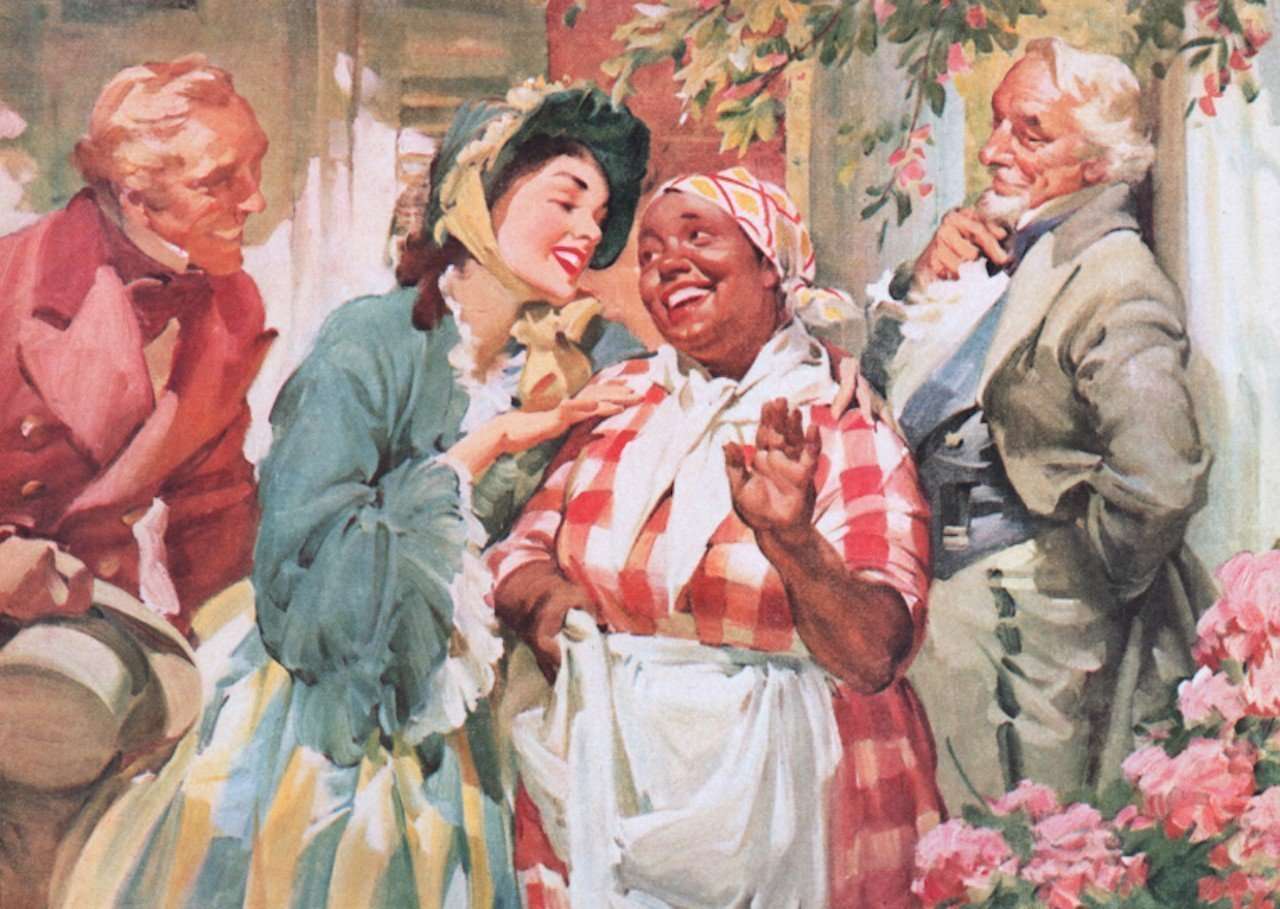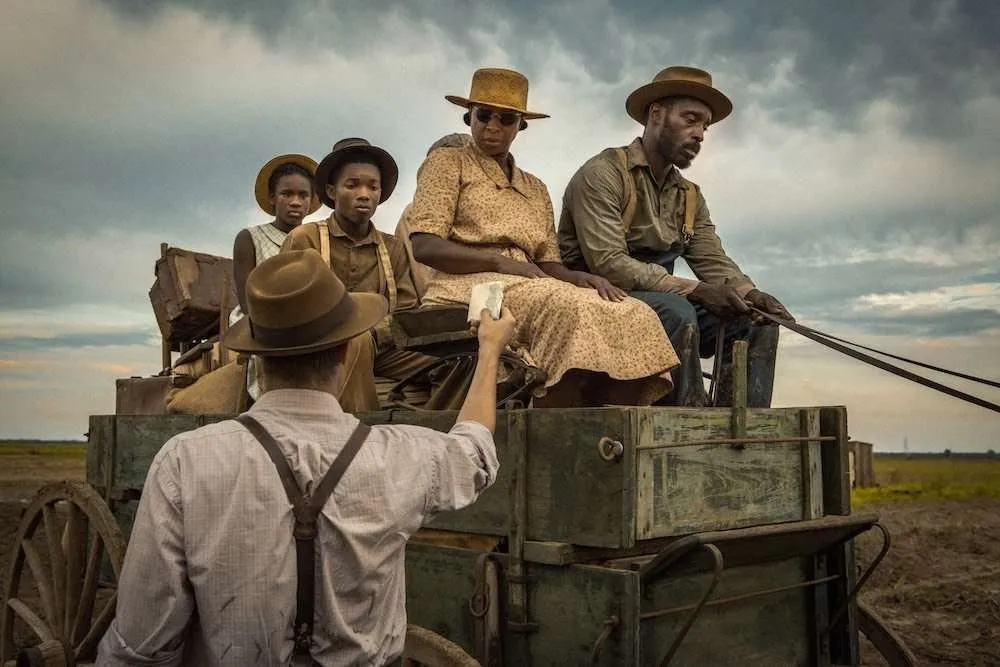Featured
Why It Took 100 Years For Blacks To Get Right To Vote

When did African Americans get the right to vote? That’s a tricky question because the journey took 100 years from the passing of the 14th Amendment until the Voting Rights Act.
With the end of the civil war came the emancipation of 4 million Black men, women, and children in the United States. That emancipation was formalized through the 13th amendment in the constitution. Now, Black people were free from slavery, but did that automatically mean they were US citizens and therefore had the same rights as any other citizen, like the right to vote?
Famous abolitionist and author Frederick Douglass said, “Slavery is not abolished until the Black man has the ballot” in May of 1865, one month after the Union victory. But Black people getting the right to vote would be a long and difficult journey.
RELATED: 15 Black Firsts in American History
The Birth Of Black Codes
Although the 13 Amendment, the first of the Reconstruction Amendments, meant Black people were free from slavery in all of the United States, each state was given the space to enact their own rules when it comes to dealing with the now free Black population. Most Southern states enacted a set of laws known as Black codes. These laws were essentially a way of controlling the Black labor force in a system that resembled slavery.
Mississippi and South Carolina were the first states to enact the first black codes. One law in South Carolina, for example, prohibited Black people from having any other job other than being a farmer or a servant unless they paid an annual tax that ranged between $10 to $100.
Majority of the black codes revolved around Black peoples’ labor. There were lawmakers in Congress, most of them Republicans, who understood these laws were essentially an effort to enslave Black people again with ridiculous laws and punishments. They knew more national laws were needed to overtake state laws and worked to expand on the 13th Amendment.
In 1866, Congress passed the Civil Rights Bill, which would give Black Americans the rights of citizens. President Andrew Johnson, who became President after Lincoln’s assassination, vetoed the bill, but Congress overrode his veto. This moment was the first time in America’s history that a major legislation became law over a presidential veto.
When Did African Americans Get The Right To Vote?
The second of the Reconstruction Amendments, the 14th Amendment, came next and granted citizenship to all persons born or naturalized in the United States, including former slaves. In 1870, the last of the Reconstruction Amendments, the15th Amendment, was passed. It stated that voting rights cannot be denied by the federal government or by any state based on race, color, or previous conditions of servitude.
The passing of these 3 important amendments meant that now Black people are free, citizens of the United States, and have the right to vote. Well, not quite the right to vote as what the 15th amendment guarantees will be challenged by several state and local laws that are put in place to make it difficult or impossible for Black citizens to vote for almost 100 years after the amendment is passed.
For instance, several Southern states came up with their own set of qualifications one must have in order to vote. Literacy tests and poll taxes became a requirement to vote, which meant a vast majority of the Black population was shut out.
Remember Black Codes, those racist laws that inspired the push to expand on the 13th Amendment? Those laws made a return in the South, now becoming Jim Crow laws.
The Voting Rights Act
Securing the right to vote for Black Americans continued to be a massive battle, becoming one of the most important causes of the civil rights movement in the 1960s. Although the Civil Rights Act of 1964 was a huge achievement, it did not take on discrimination in voting rights.
Finally, in 1965, President Lyndon Johnson signed the Voting Rights Act. Literacy tests and other methods used to bar Black voters were finally banned. Before the Voting Rights Act, only 23% of eligible Black voters were registered across the nation. By 1969 the number rose to 61%.
Some people would argue that Black people still don’t have the full right to vote as voter suppression is a fact across the country, but take this stat as a sign of the incredible progress that has been made: in 2012, 66.6% of eligible Black voters turned out to vote in the presidential election, exceeding the turnout of white voters for the first time in history.








